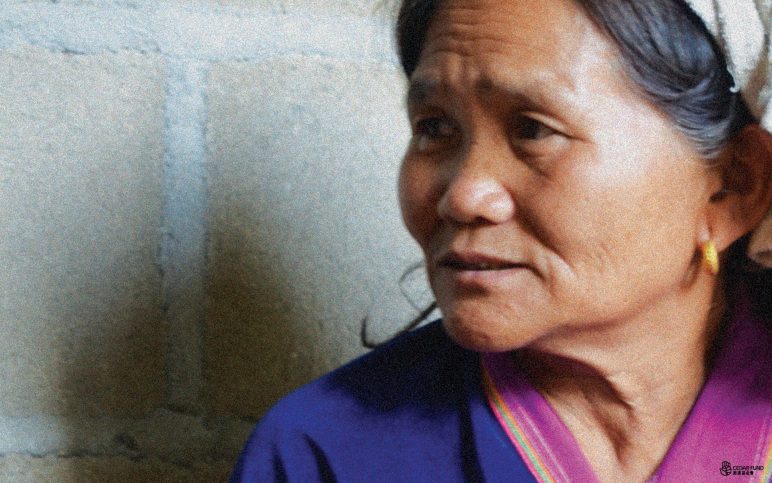Author> CHAN Nim Chung, Board Member of CEDAR Fund
The Cape Town Commitment[1] of Lausanne III 2010, with reference to the Micah Declaration[2] released by the Micah Network in 2001, presents Integral Mission as the inseparable nature of gospel proclamation and social involvement. Since its inception in 1991, CEDAR Fund has long been a member of Micah Network whose 300 plus members have been working tirelessly to address the global concern over poverty issues, research and theological reflection upon myriads of serious poverty issues. A decade later, Micah Network has embarked on reviewing the Micah Declaration[3] in the hope of enriching its content to better address the present day situation around the world in a manner that reflect God’s mission and the role of the Church.
On the surface, if Integral Mission equals gospel proclamation plus social concern, then are many churches not on board already? What effect does this mode of engagement have in society, culture and value system? In the first instalment, I maintained that Integral Mission must be established upon the understanding of an Integral Gospel. A cheapened individualistic gospel is powerless in responding to societal and structural evil in many global issues. The Gospel is detached from social concern which is further degraded into a means for evangelism. Behaviour of Christians often faces challenges. If we contend that the Gospel should reach every corner of society, then social action should be carried out on incremental basis which could be categorised into three dimensions:
1. Relief and Provision—providing people in jeopardy with basic need and continuous assistance.
2. Development—transformation of individuals and communities; improvement in capacity and relation
3. Advocacy—addressing unjust authority or system
None of these three should be neglected. However, it is tempting for us to take the easy route of avoiding matters we are not familiar with.
It appears that Integral Mission focuses on saying and doing. In fact, I consider “being” as the most crucial of the three. Otherwise, everything may just be resounding gongs and clanging cymbals. Talk is cheap. The power of transformation comes from one life influencing another. On the other hand, bad examples are the greatest hindrances. We must therefore take a serious look at whether our own lives and our dispositions carry the fragrance of Christ. Undoubtedly, God needs not rely on us to carry out whatever mission or to witness on His behalf. It is, however, for our benefit that our faith may grow through the experience.
In addition to being, saying and doing, there are signs and the imprint of the work of the Holy Spirit. Integral Mission enables a community to live out the Kingdom of Heaven or move toward it. Such a community has the power to make a great impact. God’s truth and His Spirit can impact the hearts of those it touches even though not everyone would immediately come to faith in the Lord. Indeed this is something we can neither control nor plan. All we can do is being thankful.
God’s demand is crystal clear— to act justly and to love mercy and to walk humbly with your God.[4] It is one thing to recite these words but quite a challenge to demonstrate true humility in deeds since each of us is self-righteous (Christians are worse at times). Walking with God may merely be the desire to have God fulfil one’s own will in disguise. Learning to practise Integral Mission requires us to humble ourselves and pre-conception and follow the will of God diligently.
1 http://www.lausanne.org/documents/CapeTownCommitment.pdf “10. c”
2 http://www.micahnetwork.org/sites/default/files/doc/page/mn_integral_mission_declaration_en.pdf
3 http://www.micahnetwork.org/pt-br/projects/review-micah-declaration-integral-mission
4 Micah 6 : 8
(The original Chinese version of this article was published in Christian Times on 19 June 2011)






